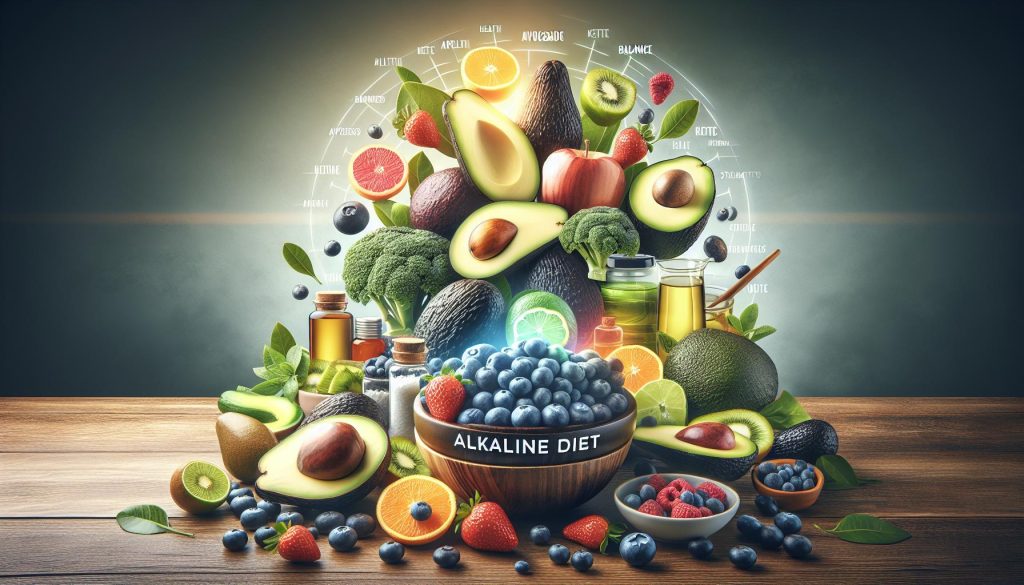
INTRODUCTION
How to Get Energy on The Keto Diet? That’s the question that’s kept many of you busy, hasn’t it? You’ve jumped into the Keto diet, made all the necessary dietary changes, and now you’re wondering, ‘how can I ensure ample energy while on this diet?’ Well, you’re in luck! There are several practical techniques and tips to keep your energy levels soaring while you’re on the Keto diet.
In this enlightening piece, we’ll delve into important factors like balancing your macronutrients, embracing healthy fats, hydrating properly, and consuming sufficient electrolytes. Armed with these tips, you’ll be able to weather the Keto diet storm without an energy hitch. On this energy-boosting journey through the Keto diet, we’ll start with the basics.
UNDERSTANDING THE KETO DIET
At its core, the Keto diet is a high-fat, low-carb diet designed to make your body a fat-burning machine. It does this by shifting your metabolism from carbs to fats, a state called ketosis. Without carbs for fuel, your body has to turn to fat, leading to weight loss.
But as your body adjusts, particularly in the early stages, you might experience a slump in energy, commonly referred to as the Keto flu. Fear not! With a little shrewdness, you can sail past this phase and restore the bounce in your step.
Balance Macronutrients for Energy
A cornerstone tip for anyone on the Keto diet is getting your macronutrients right. Simply put, you need to ensure you are fitting in the right proportions of fat, protein, and carbohydrates in your meals.
KETO ENERGY DRIVERS
But knowing the percentages is only half the battle. Next, we’ll explore the best sources of each of these macronutrients.
Increase Healthy Fats for Energy
When embarking on the Keto diet, it’s easy as pie to focus on ’high-fat’ and forget about the ‘healthy’. Remember, not all fats are created equal. Incorporating healthy fats into your diet, such as avocados, nuts, seeds, and olive oil can work wonders in boosting your energy levels.
HYDRATION AND ELECTROLYTES
You’ve probably heard the saying, “Water is Life,” right? Well, it couldn’t be more true on the Keto diet. Staying hydrated is crucial, as the diet can cause a rapid loss of water and electrolytes, which can leave you feeling sluggish.
Hydration Is Key
So, chug down that water! Keeping your water intake high will support vitality and can also help to mitigate some of the side effects of transitioning to a keto diet like headaches or fatigue.
CHALLENGES AND SOLUTIONS
Navigating the Keto diet may sometimes feel like wading through a treacherous swamp, but you’ve got nothing to lose except, well, weight!
Overcoming the Keto Flu
During the first week or so of starting the diet, you may experience the ‘keto flu’, a set of symptoms caused by your body adjusting to the new energy source. Fear not; it’s only temporary. Sticking to your macronutrient balance, hydrating correctly, and eating plenty of healthy fats can help you beat the keto flu.
CONCLUSION
There you have it! Getting energy on the Keto diet doesn’t have to be as difficult as finding a needle in a haystack. With the right balance of macronutrients, ample hydration, a focus on healthy fats, and a touch of perseverance through the keto flu, you can pass through this transition phase and feel energetic, healthier, and lighter!
FREQUENTLY ASKED QUESTIONS
Here are some additional nuggets of information that you’ve been asking:
1. Can you exercise on ketogenic diet?
Absolutely! Physical activity can help your body get into ketosis faster and aid in your overall health.
2. How can I boost my energy while on the Keto diet?
Balancing your macronutrients, staying hydrated, and consuming healthy fats can all assist in boosting your energy levels.
3. What kind of fats should I consume on a Keto diet?
Focus on incorporating healthy fats like avocados, nuts, seeds, and olive oil into your diet for optimal energy maintenance.
4. Can I drink coffee on a Keto diet?
Yes, coffee is acceptable on the Keto diet. In fact, it can also give you a bit of an energy boost!
5. Is a keto diet safe for anyone?
While the Keto diet is safe for most people, those with certain medical conditions like diabetes or heart disease should consult their doctor before starting any new diet regimen.



